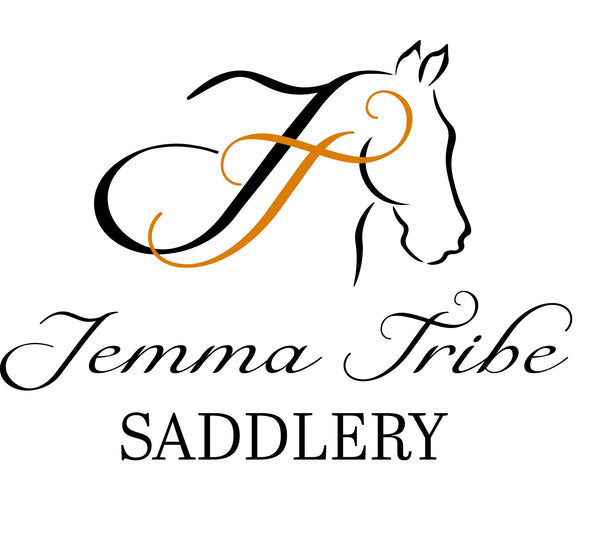Collection: Horse Wormers
Horse worming is a necessary part of horse care. But blanket worming and interval dosing are contributing to a growing resistance problem. To ensure effective treatment is given only when your horse needs it, faecal egg counts are important. These will identify if there is an existing worm burden to treat. Annual worming for encysted small redworm should still be carried out. For more information on what to worm and when, see our useful Horse Worming Guide below.
Regular worming is a crucial aspect of caring for horses and ponies. Unless wormed regularly, some horses will develop serious health problems which could have lasting consequences. All owners should develop a worm control plan which best suits their animals and ensure it is routinely followed. If pasture is shared, then this will involve cooperation between different owners. If possible, seek advice from a local vet. Lots of local factors will influence the worming requirement, so a vet will be better able to advise on worming products and systems. Ideally submit a dung sample to a laboratory periodically to build up a picture of the internal condition of your horse. This can dramatically improve the effectiveness of your worming plan, and might well result in fewer worm treatments needing to be given
Need help?
You can contact us for free worming advice or a tailored plan on 07536080080, or email jemz24@live.co.uk
-
Worm count Kit
Regular price From £23.50 GBPRegular priceUnit price / per -
 Sold out
Sold outPanacur Guard
Regular price £29.99 GBPRegular priceUnit price / per -
 Sold out
Sold outPanacur Paste Wormer
Regular price £15.85 GBPRegular priceUnit price / per -
 Sold out
Sold outEquest Pramox
Regular price £28.99 GBPRegular priceUnit price / per




